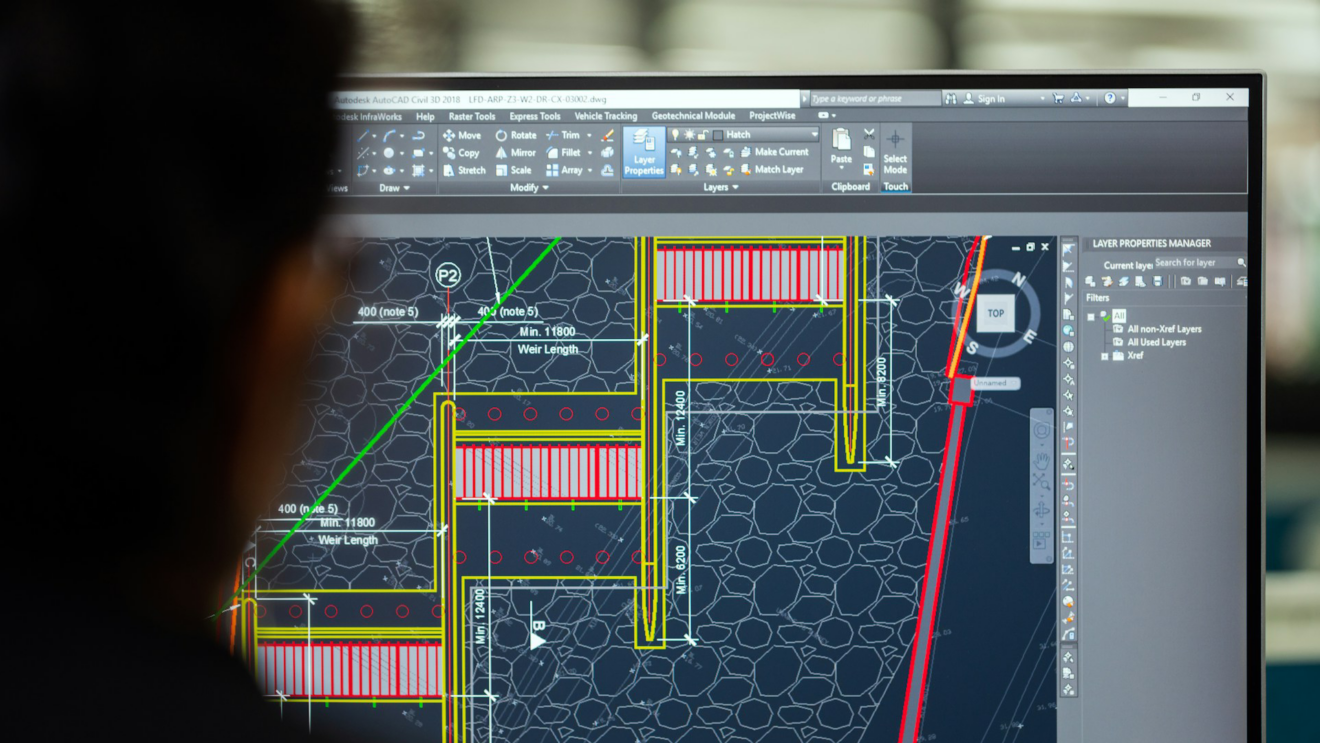


A new study from the University of Melbourne has explored how engineering students engage with generative artificial intelligence (genAI)-powered teaching tools and their perceptions of these technologies in education.
The research, led by Dr Christopher Honig, from the Faculty of Engineering and Information Technology (FEIT)’s Department of Chemical Engineering, Dr Shannon Rios, Senior Lecturer in FEIT’s Teaching and Learning Laboratory, and FEIT’s software engineer Aditya Desu, was published in the Australasian Journal of Engineering Education.
The team created a custom GPT-powered chatbot to act like industry consultants and conduct interviews in engineering safety case studies. These were implemented in an undergraduate chemical engineering subject to assess their impact on student engagement and learning outcomes.
Despite the tools being optional, most students chose to use them. The AI consultant was used by 83 per cent of surveyed students, while 71 per cent engaged with the AI interview tool. System data showed that 78 unique users accessed the platform in a class of 70 students, indicating multiple device usage.
The researchers also found that some students preferred AI-powered interactions over asking questions in person, suggesting AI could offer alternative learning pathways for students who may experience social anxiety.
However, the primary influence on AI tool adoption was students’ perception of its usefulness, reliability and accuracy.
The researchers highlight the growing role of AI in education and the need for improvements in AI training and guidelines. They recommend educators refine AI tools to ensure they provide accurate and contextually relevant information to students.
“This research offers valuable insights into how AI can support engineering students, while also identifying areas for refinement,” Dr Honig said.
“As AI continues to evolve, it could greatly influence the future of education. It offers exciting opportunities for personalised and adaptive learning, helping to improve student engagement, accessibility and overall success.”